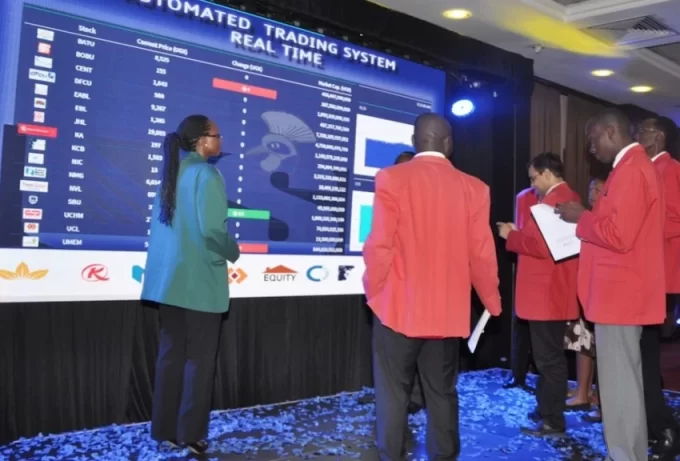Uganda has ranked highest in the East African region at fourth place in the latest Absa Financial Markets Index (AFMI), up from sixth place last year, due to strides in stabilising foreign exchange rates as well as making long-term plans to transform the capital markets and economy by adopting international standards.
On the other hand, Kenya moved up six points to eighth place out of 26 attributed to better environmental, social, and governance (ESG) market frameworks. Kenya obtained 61 points, up from 55 in the same period last year.
Kenya was lauded for making progress in sustainable finance during the report’s release in London, owing to progress in adopting ESG policies and frameworks, as well as improving market transparency, tax, and regulatory environments in capital markets. In particular, the AFMI 2022 report recognised the incorporation of climate risks into financial stability regulation in Kenya.
The AFMI, now in its sixth year, presents a broad view of financial market progress. The Index showed improving market infrastructure in the continent as countries responded positively to the need to develop domestic financial markets to protect economies from external shocks.
This year, coverage has expanded to 26 countries with the addition of the Democratic Republic of the Congo, Madagascar, and Zimbabwe.
Even as challenging market conditions weighed on performance in the index, 19 of the 26 countries improved their scores relative to last year. This was largely due to broad-based progress in developing sustainable financial markets, which is becoming increasingly important to global investors. Greater product diversity lifted scores for most countries too, including Angola and Lesotho, which both issued their first initial public offerings over the past year.
The index also recognises the contribution of digital initiatives and innovations to African financial market development. While not directly influencing scores, the report highlights countries’ progress in upgrading market infrastructure, transparency, and regulation using new technologies. It sheds light on various financial inclusion initiatives that help to build a broader domestic investor base.
According to the report, continued progress on sustainability, digitalization, and financial inclusion will be crucial to improve Africa’s appeal and access for investors, enabling the continent to develop its resilience to any future external shocks.
17 countries in the index now have sustainability-focused policies – five more than last year.
Foreign exchange reserves adequacy has generally weakened relative to the previous year. Ten AFMI countries have received International Monetary Fund financing in 2022, worth a cumulative $1.6bn, to cushion the blow from external shocks.
Several countries are using digital technologies to improve market access, information and inclusion, while initiatives to integrate financial markets across Africa are gathering momentum.
David Marsh, Chairman of the Official Monetary and Financial Institutions Forum (OMFIF), the partners in the report, commented: ‘Africa looks an attractive investment destination based on capital market structures that actively guide adequate risk pricing. There are many areas on which to build. Unstinting efforts by the private sector – together with the International Monetary Fund, multilateral development institutions, and our network of partner institutions around Africa – are required to extend these positive changes.’
Charles Russon, Chief Executive of Absa Corporate and Investment Banking, said the index has had a positive impact on the development of financial market infrastructure, product development and policy on the African continent. ‘This index has stimulated transparency in markets, enhanced policy-making, and allowed for the development of Africa-focused alternative investment products that will have an impact for generations to come. We look forward to continuing to contribute to the building of more robust markets and attracting investment capital.’
Read: Absa Poaches Carolyne Kendi From Safaricom
>>> Ugandan Food-tech Startup Pieme Now In Kenya





![President William Ruto during the launch of Climate WorX in Nairobi. [Photo/PCS]](https://businesstoday.co.ke/wp-content/uploads/2024/10/President-William-Ruto-during-the-launch-of-Climate-WorX-in-Nairobi-1-e1727761613802.png)







Leave a comment